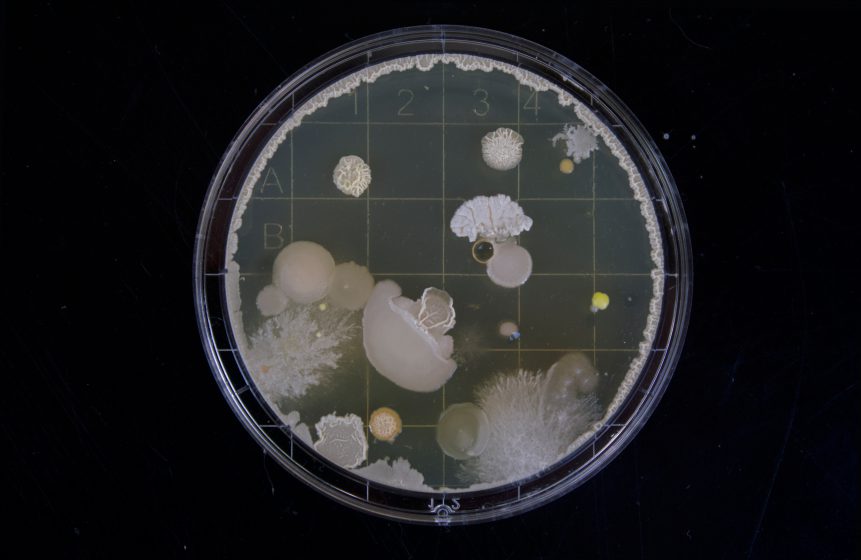Nanotech is the altering of matter at the tiniest scales, such as the atomic, molecular and supramolecular scale. In the realm of nanoscience, scientists deal with extremely small things (yeah, that’s the technical term) across many fields, such as chemistry, biology, physics and engineering. Nanotechnology has the potential to change the way we age, die and even live forever. Here’s how.
How small are we talking?
Really, really small. Let’s get some scope on this: nanotechnology and the field of nanoscience has the ability to see and control individual atoms and molecules on the particle level.
Recently, researchers at the Max Planck Institute have experimented with micro-sized (smaller than a millimetre) robots that literally swim through your body. These things get into all sorts of orifices, crevices and streams that you might not be aware of.
The science of nanotechnology gained traction after renowned theoretical physicist Richard Feynman gave a lecture on the unknown field in 1959. Now, it’s being applied to the medical world and is changing the face of ageing and death.
What has nanotechnology got to do with death?
Nanotech has the potential to transform the way terminal illness, and disease such as cancer, are treated. Not all of it is achievable just yet, though.
The use of nanotechnology in biology is where we’re going to see the most innovative and mind-bending research. We’ll see nanotech unearthing ways to prevent diseases by introducing nanoparticles into bloodstreams as microscopic robots, pootling their way round previously undiscovered parts of our cells.
What do you mean, micro-robots in my bloodstream?
Microscopic robots! we hear you scream. Yes, that’s right. The future of fighting disease won’t target the treatment of symptoms, but will instead focus on curing disease at the genetic level. This is where the microscopic robots come in. Dun dun dunnn.
These scallop-like microbots are designed to swim through your bloodstream, around your lymphatic system or across the goo on the surface of your eyeballs. If this is making your skin crawl, then this is nothing compared to these things squeezing through your narrowest capillaries.
How will nanotechnology help to cure cancer?
When it comes to cancer, scientists have the potential to go one step further – if you can imagine that! Gene therapy is a type of cancer treatment that involves inserting genes into faulty cancer cells. This means a tricky scenario that infuses two very delicate procedures into one massively risky process. (We really hope you appreciate our scientific rigour, here.)
Can nanotechnology help you to live longer?
If none of this hasn’t quite got you excited yet (microbots, invasive procedures, Richard flippin’ Feynman… you’re a hard reader to please if it hasn’t), then nanotech is also a way of getting to that much-fated journey to immortality.
Landing into the hands of the so-called transhumanists, nanotech research has taken on an even weirder turn. Transhumanists want to radically modify their bodies in order to not just live longer, but to become more efficient and enhanced above and beyond all other mere mortals.
Transhumanists are turning to the same procedures used in the fight to prevent common diseases to try and reverse the effects of natural ageing that make us human.
Should I be scared of nanotechnology?
With the ability to correct, replace and delete faulty DNA, we’re entering a new realm of possibilities. With designer babies already forming in labs somewhere in the world, nanotechnology does have the potential to transform life and death beyond recognition. And that’s both exciting and horrifying.
Find out more
There’s more to death than funerals, taxes, endless paperwork and the complex probate process. That’s why we created our Digital Death page. Find out more on our Digital Death page.
How will VR help those who are terminally ill?





